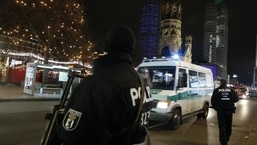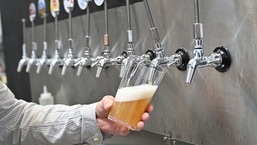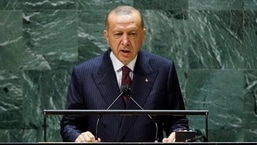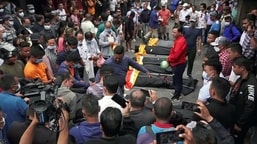Written by Shubhangi Gupta | Edited by Chandrashekar Srinivasan, New Delhi
Pakistan is fighting an energy crisis and its people have experienced hours-long power cuts over the past month. More than one factor has been seen as contributing to the current situation – including soaring global fuel prices, local currency hitting record lows (against the dollar), and rising temperature leading to increasing power demand – and forcing the Shehbaz Sharif-led administration to take energy-saving measures to help the country.
Here’s a lowdown of steps taken to help Pak out of the power crisis:
> Pakistan has ended its six-day work-week for government employees, Bloomberg said. The decision to work a sixth day – Saturday – was taken by prime minister Sherif to increase productivity but has backfired as it struggles to deal with the increased electricity and fuel demands.
> In addition, purchase of new vehicles and appliances – like air conditioners – by government officials and agencies will be stopped. Amount of fuel allocated to government offices will be cut by 40% and overseas trips will be halted. The government hopes to lower government offices’ energy consumption by 10 per cent with these measures alone.
> The government is also exploring making Friday a mandatory work-from-home day for its employees.
> Discussions are being carried out with provincial authorities to switch off street lights on alternate days.
> In another move, wedding functions in capital Islamabad will be banned after 10pm, news agency PTI said citing local media. Violation of this rule – a notification has yet to be issued, though – will attract a penalty, reports said. Local media also said only one dish would be allowed.
Surging energy (and food and fuel) prices and blackouts are a test for the Shehbaz Sharif administration that assumed office in April, after the Imran Khan-led government lost a trust vote.
The nation is bearing the brunt of a global energy crunch prompted by rebounding post-pandemic demand and a squeeze on fuel supply as many nations shun Russian fuel exports because of that country’s war in Ukraine.
(With inputs from agencies)
-

1 dead, 9 injured after driver hits pedestrians in Germany’s Berlin
The man drove into people on a street corner at around 10:30 am before getting the car back on the road and then crashing into a shop window around a block further on, police spokesman Thilo Cablitz said. Six people sustained life-threatening injuries and another three were seriously injured, fire service spokesman Adrian Wentzel. Police said more than a dozen people were injured.
-

5 teens wounded in shooting at West Texas house party
The teens, ranging in age from 16 to 18, were wounded about 1 am Saturday at a home in Socorro, a town on the Mexican border near El Paso, said Socorro police Chief David Burton. As many as 100 people were there. Partygoers said the shooting erupted after a fight broke out between two groups, Burton said.
-

London beer prices top £8 a pint for first time, FT reports
The average price of a pint of beer in Britain has increased to £3.95 this year from £2.30 in 2008, the FT cited CGA as saying. Pubs may need to raise prices further as the cost of barley to make beer jumps with pressures stemming from the war in Ukraine, according to the newspaper.
-

-


